*The following article contains discussion of mental health issues, see end of article for resources
Fashion, like any form of art, can sometimes take a step too far and become the subject of controversy.
During Milan Fashion Week, Gucci's fashion show featured a series of models dressed in "straitjacket-like outfits and sent down a conveyor belt runway."
Ayesha Tan Jones was one of the models who appeared in the show.
They felt the designs were offensive, however, and staged a protest where they and other models wrote "mental illness is not fashion" on their hands and held them up as they walked the runway.
Jones later wrote on Instagram:
"As an artist and model who has experienced my own struggles with mental health, as well as family members and loved ones who have been affected by depression, anxiety, bipolar and schizophrenia, is hurtful and insensitive for a major fashion house such as Gucci to use this imagery as a concept for a fleeting fashion moment."
They went on to say:
"It is in bad taste for Gucci to use the imagery of straight jackets [sic] and outfits alluding to mental patients, while being rolled out on a conveyor belt as if a piece of factory meat."
"Presenting these struggles as props for selling clothes in today's capitalist climate is vulgar, unimaginative and offensive to the millions of people around the world affected by these issues."
Gucci has crossed the line during their fashion shows many times, both on purpose and inadvertently.
They've formerly attracted negative attention with sweaters that resembled blackface and accusations of cultural appropriation for featuring turbans in another design.
After this year's protest, Gucci shared an image on Instagram sharing why they created this design.
Gucci also issued a statement to Huffpost. In it, they wrote:
"The show presented how society today can have the ability to confine individuality and how Gucci can be the antidote. It was a journey from conformity to freedom and creativity."
"Uniforms, utilitarian clothes, such as straitjackets, were included on the catwalk as the most extreme version of restriction imposed by society and those who control it. The white outfits were a statement for the fashion show and part of a performance, in the sense of setting the context for what followed."
Fashion is a part of our daily lives, whether haute couture or homemade. For a look at fashion through the years, the book Fashion History from the 18th to the 20th Century is available here.
If you or someone you know is struggling, you can contact the National Suicide Prevention Lifeline at 1-800-273-TALK (8255).
To find help outside the United States, the International Association for Suicide Prevention has resources available at https://www.iasp.info/resources/Crisis_Centres/
*****
Listen to the first season of George Takei's podcast, 'Oh Myyy Pod!' where we explore the racially charged videos that have taken the internet by storm.
Be sure to subscribe here and never miss an episode.



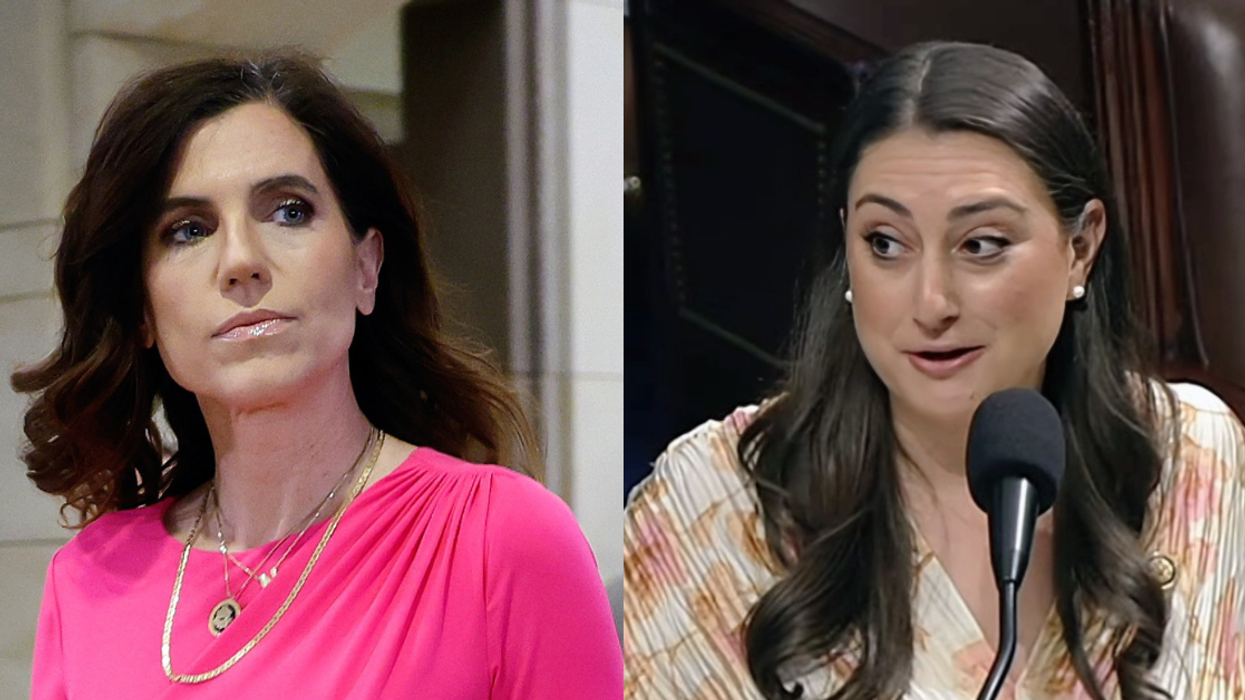


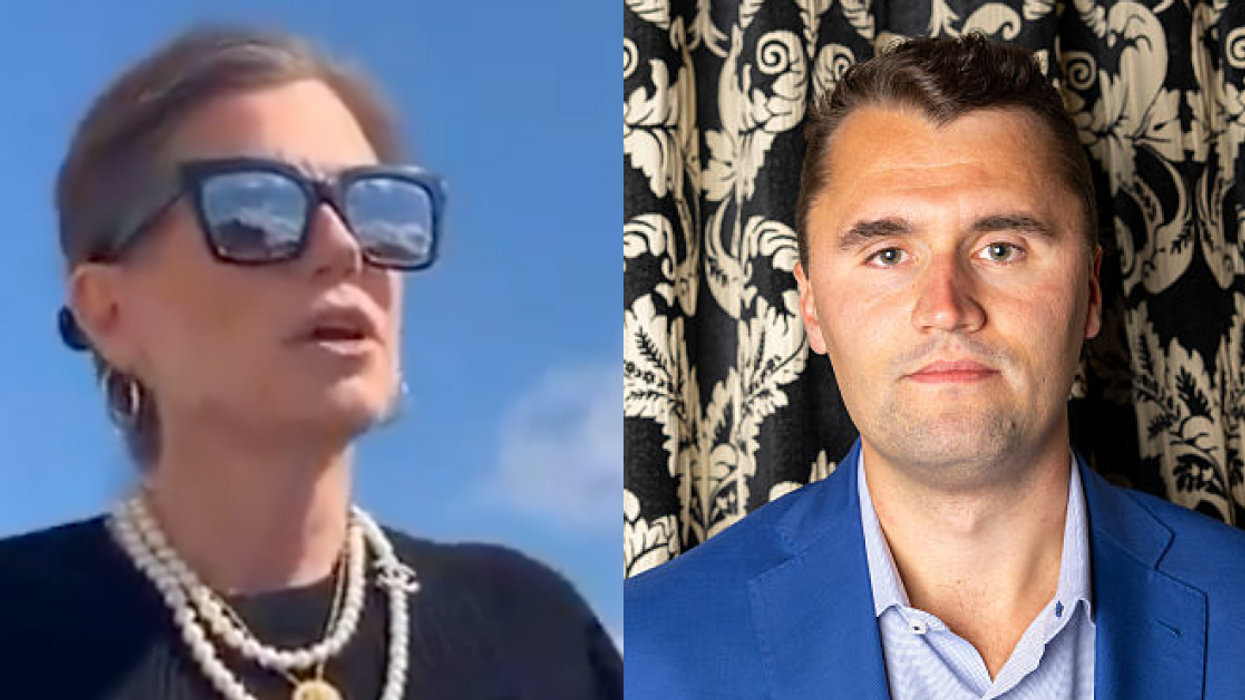







 Nicksplat Sunburn GIF by Hey Arnold
Nicksplat Sunburn GIF by Hey Arnold  number one win GIF by V5MT
number one win GIF by V5MT 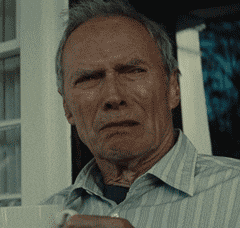 Frustrated Clint Eastwood GIF
Frustrated Clint Eastwood GIF  Vegan Vegetables GIF
Vegan Vegetables GIF  Workout Flex GIF by Kræftens Bekæmpelse
Workout Flex GIF by Kræftens Bekæmpelse 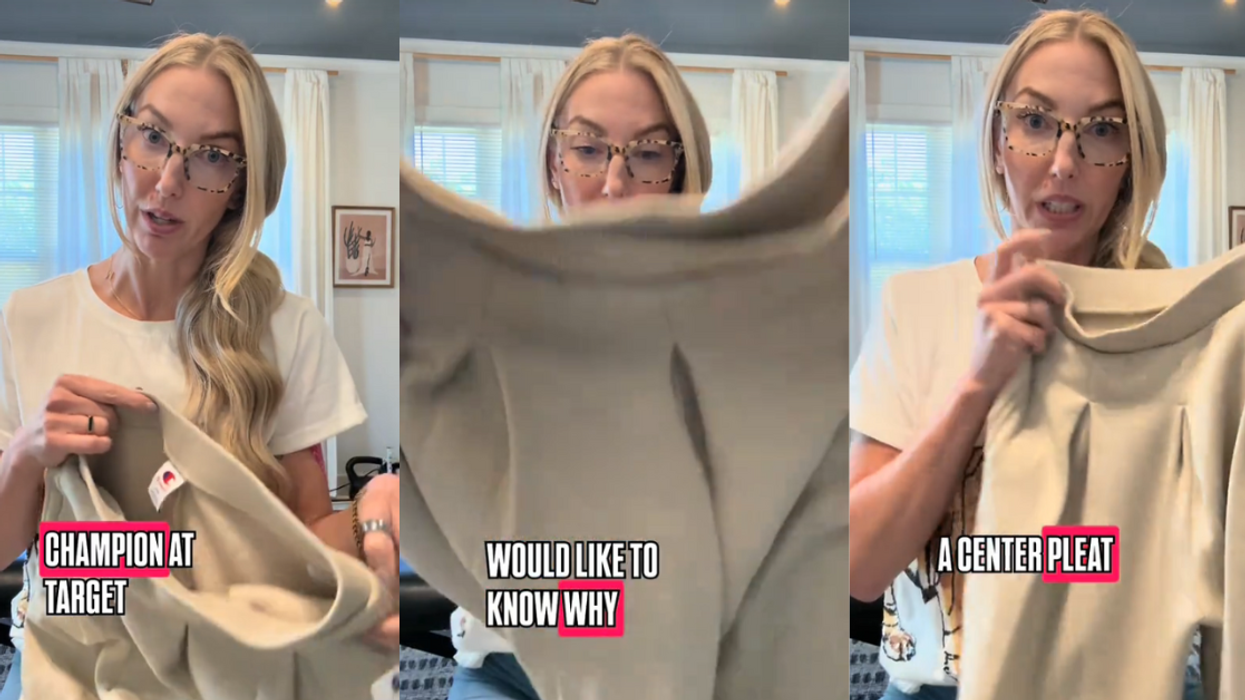
 @thedowntheredoc/TikTok
@thedowntheredoc/TikTok @thedowntheredoc/TikTok
@thedowntheredoc/TikTok @thedowntheredoc/TikTok
@thedowntheredoc/TikTok @thedowntheredoc/TikTok
@thedowntheredoc/TikTok @thedowntheredoc/TikTok
@thedowntheredoc/TikTok @thedowntheredoc/TikTok
@thedowntheredoc/TikTok @thedowntheredoc/TikTok
@thedowntheredoc/TikTok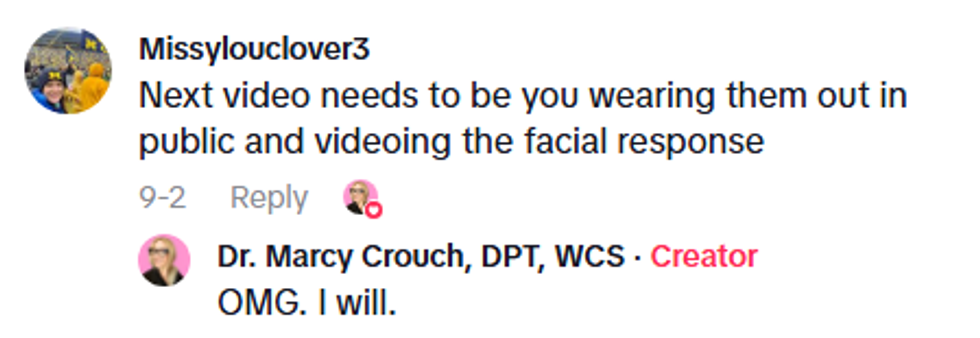 @thedowntheredoc/TikTok
@thedowntheredoc/TikTok @thedowntheredoc/TikTok
@thedowntheredoc/TikTok @thedowntheredoc/TikTok
@thedowntheredoc/TikTok @thedowntheredoc/TikTok
@thedowntheredoc/TikTok @thedowntheredoc/TikTok
@thedowntheredoc/TikTok @thedowntheredoc/TikTok
@thedowntheredoc/TikTok @thedowntheredoc/TikTok
@thedowntheredoc/TikTok @thedowntheredoc/TikTok
@thedowntheredoc/TikTok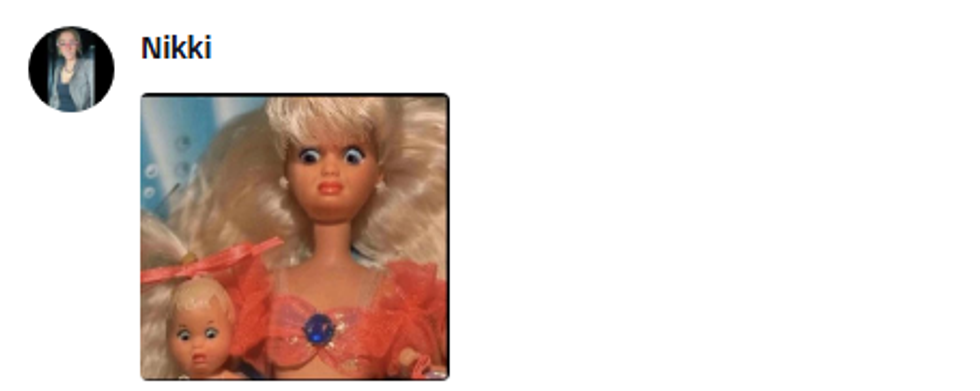 @thedowntheredoc/TikTok
@thedowntheredoc/TikTok @thedowntheredoc/TikTok
@thedowntheredoc/TikTok
 @kaicutch/Instagram
@kaicutch/Instagram @kaicutch/Instagram
@kaicutch/Instagram @kaicutch/Instagram
@kaicutch/Instagram @kaicutch/Instagram
@kaicutch/Instagram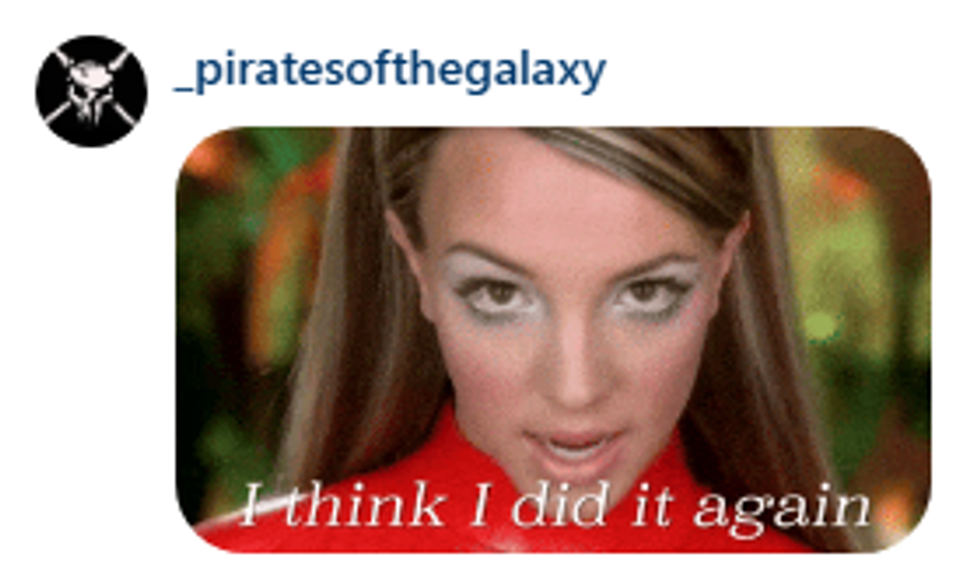 @kaicutch/Instagram
@kaicutch/Instagram @kaicutch/Instagram
@kaicutch/Instagram @kaicutch/Instagram
@kaicutch/Instagram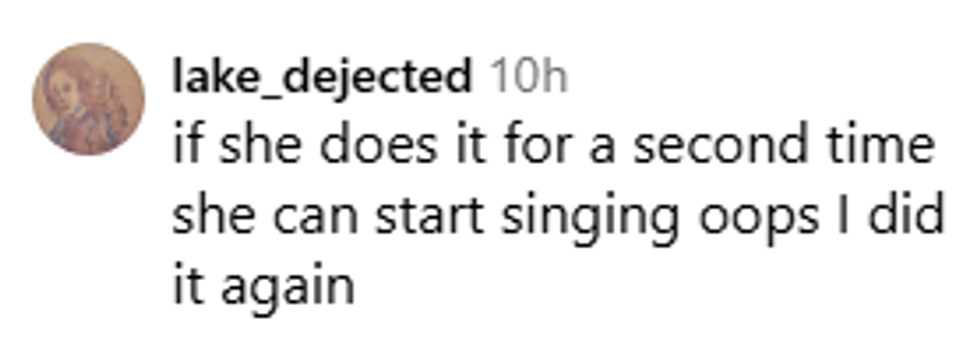 @kaicutch/Instagram
@kaicutch/Instagram @kaicutch/Instagram
@kaicutch/Instagram @kaicutch/Instagram
@kaicutch/Instagram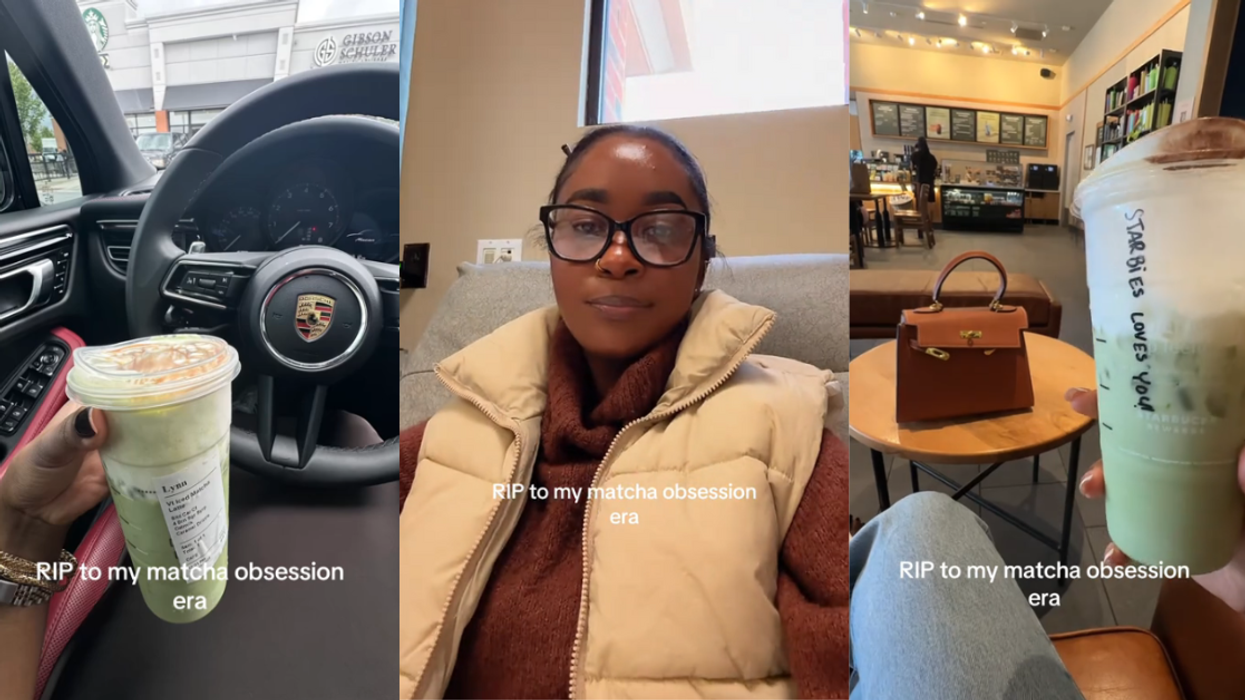
 @lynnshazeen/TikTok
@lynnshazeen/TikTok @lynnshazeen/TikTok
@lynnshazeen/TikTok @lynnshazeen/TikTok
@lynnshazeen/TikTok @lynnshazeen/TikTok
@lynnshazeen/TikTok @lynnshazeen/TikTok
@lynnshazeen/TikTok @lynnshazeen/TikTok
@lynnshazeen/TikTok @lynnshazeen/TikTok
@lynnshazeen/TikTok @lynnshazeen/TikTok
@lynnshazeen/TikTok @lynnshazeen/TikTok
@lynnshazeen/TikTok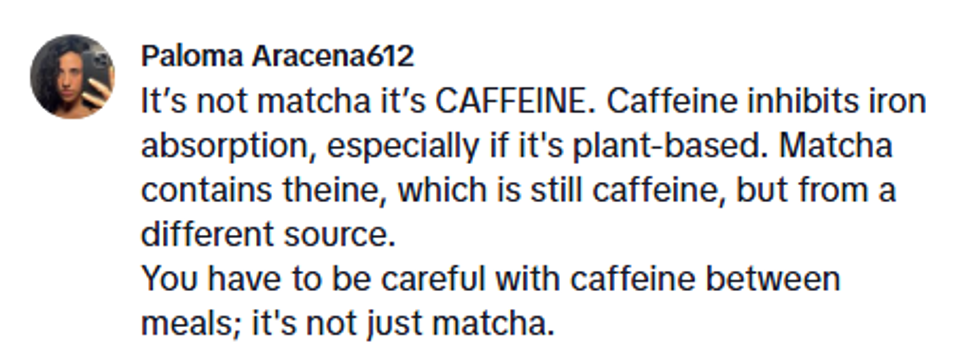 @lynnshazeen/TikTok
@lynnshazeen/TikTok